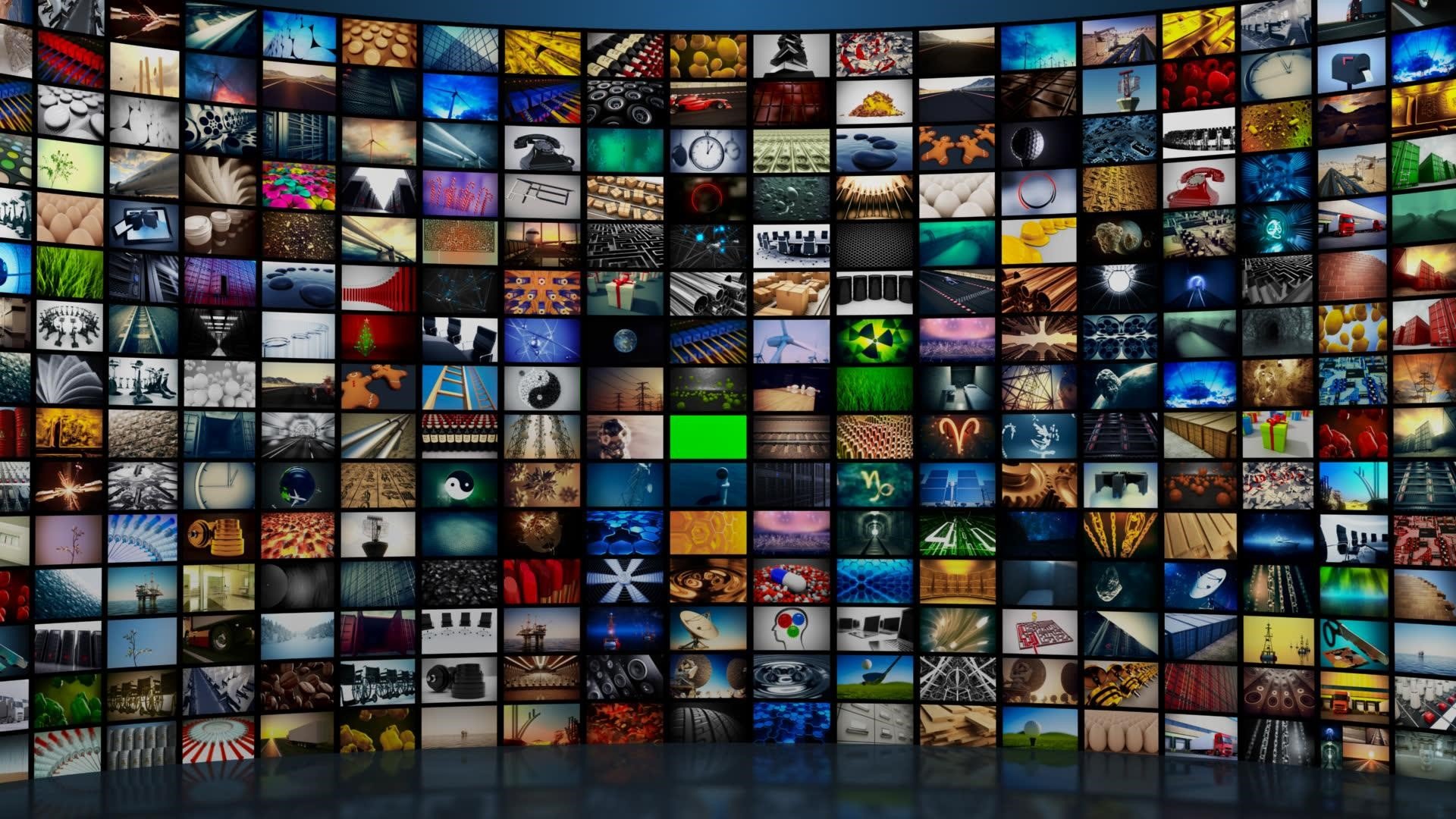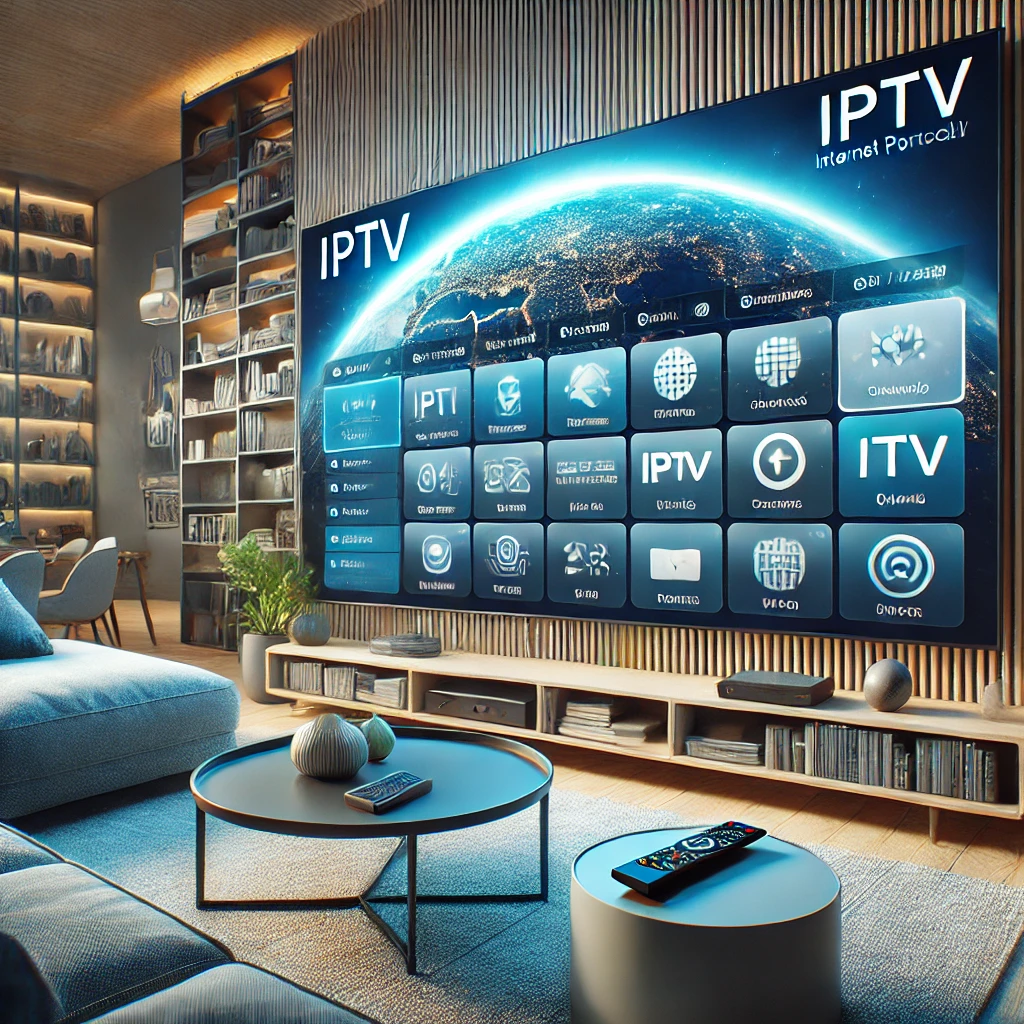IPTV Explained: Why It's Revolutionizing the Means We Enjoy Television
The introduction of Web Protocol Tv (IPTV) represents a pivotal change in exactly how target markets engage with material. As we explore the ins and outs of IPTV, it becomes obvious that this development is not merely a pattern; it postures considerable implications for the future of tv intake and the landscape of digital amusement.
What Is IPTV?
IPTV, or Internet Procedure Tv, is a technique of providing television content over the net instead of with conventional satellite or wire formats. This ingenious strategy utilizes web method networks to transmit video information, permitting viewers to access a large array of programming directly by means of their net connection. Unlike conventional broadcasting, which depends on radio waves or cable television facilities, IPTV makes it possible for the streaming of material in an extra user-centric and flexible manner.
One of the key advantages of IPTV is its capability to supply on-demand accessibility to a substantial collection of programs, flicks, and live programs. Customers can take pleasure in tailored watching experiences, consisting of the choice to stop, rewind, or document material. In addition, IPTV solutions frequently incorporate interactive attributes, such as video clip as needed, catch-up television, and the ability to gain access to several gadgets concurrently.

How IPTV Works

The process starts with web content gathering, where numerous tv channels and programs are compiled onto a centralized web server. From this web server, the content is encoded into digital formats suitable for streaming. When an individual chooses a program, the IPTV solution retrieves the suitable data packets from the web server and sends them to the customer's gadget.
IPTV frequently incorporates interactive attributes such as accessibility, pause, and rewind to an electronic library, enhancing customer interaction. Generally, IPTV represents an innovative integration of modern technology that transforms standard television watching into an extra individualized and vibrant experience.
Benefits of IPTV
As visitors increasingly seek versatility and customization in their enjoyment selections, IPTV uses a variety of advantages that cater to these needs. Among one of the most considerable advantages is the capacity to accessibility material on different tools, consisting of mobile phones, tablets, clever Televisions, and computers - Iptv. This multi-device compatibility permits individuals to enjoy their preferred shows and movies anytime, anywhere, boosting their viewing experience
Moreover, IPTV gives a considerable library of on-demand web content, enabling clients to pick what to enjoy, when to view it, and just how to view it. This contrasts with traditional broadcasting approaches, where viewers are often constricted by dealt with schedules. Additionally, IPTV services regularly offer personalization features, such as customized suggestions based upon seeing habits, allowing individuals to uncover new web content matched to their preferences.
Moreover, IPTV commonly includes sophisticated functions like cloud DVR capacities, enabling individuals to tape and store programs for later viewing. Boosted interactivity, such as the ability to stop, rewind, or fast-forward content, more enriches the seeing experience. Iptv. Jointly, these benefits setting IPTV as a compelling alternative to conventional tv, meeting the developing assumptions these days's audiences
Contrast With Traditional Television
Traditional television and IPTV present unique viewing experiences, each catering to different audience preferences. Standard television relies upon terrestrial, wire, or look at this website satellite signals, using a dealt with timetable for broadcasting. Visitors are usually bound to details time ports to see their preferred shows, which can be inconvenient in today's fast-paced environment.
On the other hand, IPTV supplies web content using the web, enabling users to stream programs and motion pictures on-demand. This flexibility enables viewers to enjoy web content at their ease, removing the restrictions of an established timetable. In addition, IPTV solutions commonly supply access to a wider range of channels and content, consisting of worldwide programming and niche styles that standard cable bundles may not offer.
Moreover, the interactivity of IPTV improves individual interaction, enabling attributes such as pause, record, and rewind capabilities that traditional TV does not have. Individuals can also access supplementary web content, consisting of detailed program overviews and audience rankings, improving the general viewing experience.
Eventually, while traditional tv remains a staple for lots of viewers, IPTV's flexibility and wealth of material make it an increasingly prominent alternative, attracting those looking for more control over their watching habits.
Future of IPTV
The future of IPTV shows up encouraging, driven by developments in modern technology and shifting consumer choices. As broadband infrastructure remains to improve around the world, IPTV services are poised to supply higher-quality video clip web content with marginal buffering and boosted customer experiences. This development is matched by the spreading of wise tools, enabling audiences to accessibility IPTV web content on smartphones, tablets, and wise TVs, therefore boosting convenience and movement.
Moreover, the assimilation of fabricated intelligence and artificial intelligence right into IPTV systems is anticipated to reinvent material shipment. Tailored referrals based on viewing practices will improve individual interaction, making it much easier for customers to find appropriate material. In addition, the unification of increased fact (AR) and digital fact (VIRTUAL REALITY) innovations holds the prospective to produce immersive seeing experiences that conventional television can not match.
The rise of subscription-based versions and ad-supported streaming solutions shows a change in just visit their website how customers are ready to pay for web content, even more fueling IPTV's development. As even more consumers Going Here seek adaptability and modification in their watching routines, IPTV is likely to end up being a dominant pressure in the amusement landscape, improving exactly how content is generated, dispersed, and consumed in the coming years.
Conclusion
In final thought, IPTV represents a transformative innovation in tv consumption, supplying audiences extraordinary versatility and control over their seeing experiences. As modern technology proceeds to advance, the potential for IPTV to additional impact media usage patterns and improve the home entertainment landscape continues to be significant.
The introduction of Net Protocol Television (IPTV) symbolizes a pivotal shift in exactly how target markets involve with content.IPTV, or Web Procedure Tv, is a method of delivering television material over the net instead than via traditional satellite or cable television styles.Making use of a network of web protocols, IPTV provides tv web content via a series of well-defined processes. Additionally, IPTV solutions often offer customization functions, such as customized referrals based on watching habits, allowing customers to uncover brand-new web content matched to their preferences.
Furthermore, IPTV services often provide access to a wider variety of networks and web content, consisting of global programs and particular niche styles that traditional wire plans may not offer.